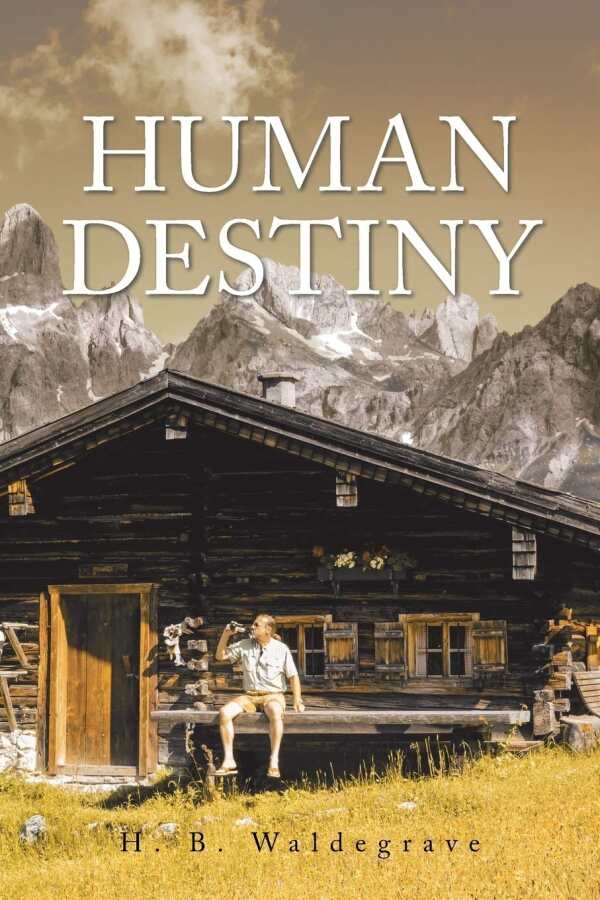Human Destiny
The historical novel Human Destiny follows an earnest young man’s missions in the outback.
In H. B. Waldegrave’s whimsical historical novel Human Destiny, a Queensland boy witnesses an otherworldly intervention in the clash between colonists and Aboriginal people.
The book has an unusual beginning: a spirit, Languor, is assigned by an astral council to head to Earth and be born as a human. An Aboriginal leader anticipates his arrival, sensing that a “Spirit Man-child” will become a peacemaker. Languor’s human host parents are settlers in the outback; they name him Charles. In isolated scenes, Charles proves to have an uncanny ability to tame animals, to communicate with Aboriginal people despite their lack of a shared language, and to read minds, as well as to exercise some related powers. Such actions are accompanied by his desire to teach settlers to appreciate Aboriginal wisdom.
The story emphasizes Charles’s discoveries in order to establish his supernatural makeup. He comes across as instinctive and wise. But the narration is also loose and repetitive: its chapters focus on Charles’s skills, which entertain bystanders who, in turn, adapt. Even when onlookers are startled at first, they prove ready to accept what they see. There’s minimal conflict involved in the book’s wonders. Other characters are positioned as foils for Charles; their own problems and heartbreaks become backdrop features in Charles’s demonstrations of his abilities. Even Charles’s mild-mannered parents are reduced to observers in the story: they support him, but who they are beyond him is minimized.
Many of the scenes are shared without resolution, too. Deeper themes are hinted at, such as reverence for history and learning, but Charles handles these notions via too explanatory speeches whose conclusions are truncated and shuttled into anticipatory statements of more to come. And in conversation with one another, characters are condescending: the colonists speak to Aboriginal men in fragmented, simplified English that reveals their prejudices, while Aboriginal characters’ speech patterns are reduced to off-putting pidgin. Indeed, the book’s treatment of its Aboriginal characters undermines its message of hope, as well as Charles’s mission to bridge the differences between the people around him.
While the story is swift in covering Charles’s early years, through to his early twenties, it is also prone to linger over side conversations that distract from its plot. Details about early Australia, including about the progression of the railways and hardships involving cattle and water sources, are used to vivify the colonist’s hardy communities. But scenes bleed together without proper segues, including Charles’s jarring solution to a love triangle. His brief reversion to being Languor, so as to report back to the astral council, is an abrupt development. And the book’s numerous punctuation errors and awkward linguistic constructions also impede it.
Set during the period of Queensland’s colonization, the historical novel Human Destiny follows an earnest young man’s missions in the outback, combining everyday human problems with spiritual ideas.
Reviewed by
Karen Rigby
Disclosure: This article is not an endorsement, but a review. The publisher of this book provided free copies of the book and paid a small fee to have their book reviewed by a professional reviewer. Foreword Reviews and Clarion Reviews make no guarantee that the publisher will receive a positive review. Foreword Magazine, Inc. is disclosing this in accordance with the Federal Trade Commission’s 16 CFR, Part 255.

